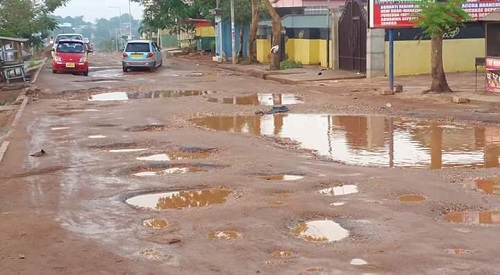The famous election year is nigh once again, and while several new promises continue to fly off the many podiums mounted across Ghana’s regions, even more fingers point at unfulfilled ones. Ghana’s subscription to universal adult suffrage translates into a mandatory, constitutional electoral exercise held every four years. Its effect is such that the Constitution of the Democratic Republic of Ghana places power in the hands of the Ghanaian electorate who will, in turn, decide on their next leaders. A process which seemed set to be marred by the coronavirus pandemic, the elections are poised to occur as long as the threats of a second wave of the pandemic are kept at bay. This means that political campaigns are up and running, and by various means, confirmed flagbearers of the different political parties in Ghana are pitching their best ideas and making interesting promises.
Following the wave of optimism that saw us through the voter registration exercise, political parties are engaging in the tug-of-war that has become so symbolic of Ghanaian politics. With every move being scrutinized by competitors, political parties are attempting to put their best foot forward, pandering to the electorate at any given chance. But what are people saying this year?
The issue of roads has always been a sensitive topic in Ghana. Long stretches of roads in deplorable states are only made worse after the seasonal rains, making road transport unbearable. Especially for a country heavily reliant on the primary sector of the economy, the deplorable state of the roads continues to hinder any sort of progress, with farm produce deteriorating before the completion of an already expensive trip to the major cities. Given how long the country’s roads have been in a poor state, it might intrigue many that the government thought it wise to earmark 2020 as the year of roads. Election years are usually brimming with promise and the political dedication to roads is sure to whip up excitement amongst the populace, but the longer these developments take, the more agitated people become, and this year, the placards have shown it.
The ‘No Roads, No Vote’ placards may just be pioneering a new catalyst for infrastructural development. The latest group of citizens to remind the government of their intentions are the residents of the Aiyinasi-North in the Western Region. Bemoaning the abysmal state of the 75-kilometre road that links two towns, they threatened to boycott the 2020 elections if the roads were not fixed. An area known and referred to as a ‘food basket’ in Ghana due to the different varieties of cash crops grown and the key role it plays in cocoa production, the continuous deterioration of the road leaves the farmers with unpleasant conditions to grapple with. On a larger scale, this deterioration does more harm than good, and the economy suffers.
To be continued..









[…] sexual assault in general has been described before as the most underreported violent crime in Ghana. Will we ever see progress if we refuse to take rape as seriously as it […]
[…] Hilla Limann. After two years of civilian rule, he again seized power, citing, among other things, poor economic management. He formed the Provisional National Defence Council and oversaw a period during which Ghana’s […]
[…] to ensure that its frontliners are provided with all the support they need to do their bit in the fight against corruption. If the current government remains in power, it will have to be entrusted with this task. It will […]